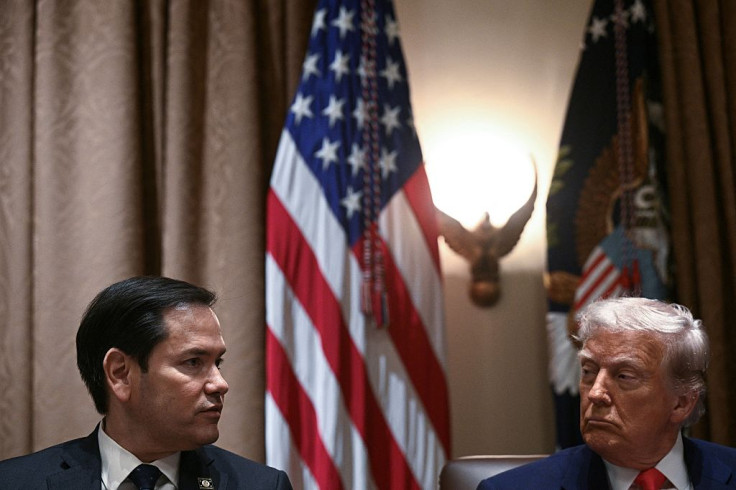
In a scene that would've been unthinkable during the height of the U.S.–China trade war, Secretary of State Marco Rubio sat down today with Chinese Foreign Minister Wang Yi in Kuala Lumpur. The high-level dialogue, happening in the shadow of Trump's sweeping new tariffs, could mark the beginning of a more complex and transactional phase in U.S.–China relations.
According to Reuters, the two sides discussed "managing differences" and reaffirmed their interest in "peaceful coexistence," even as economic tensions escalate. Rubio described the tone as "constructive" and hinted that a meeting between Trump and Chinese President Xi Jinping "is likely before year's end."
This encounter, part of the ASEAN summit sidelines, comes just days after Trump proposed new tariffs on Canadian and Asian imports—some reportedly as high as 40%. It raises a fundamental question: Is the U.S. gearing up for confrontation—or negotiation?
A Two-Track Strategy
Trump's China playbook appears to follow a familiar pattern: turn up the pressure in public while quietly exploring diplomatic off-ramps.
The tariffs are real. Trump has floated new levies on Chinese semiconductors, batteries, and strategic minerals. But Rubio's tone, and his very presence at the ASEAN meeting, sends a clear signal that Washington is leaving the door open for dialogue.
As The Guardian notes, Rubio is walking a delicate tightrope—tasked with soothing Asian allies while defending a trade policy many in the region see as economically aggressive. Countries like Vietnam and the Philippines are already pushing back against tariff threats, even as they remain critical partners in the U.S. Indo-Pacific strategy.
Meanwhile, China is responding with both defiance and diplomacy. Wang Yi labeled the tariffs "economic coercion," but emphasized the need to prevent "miscalculation," according to AP News. Beijing's approach is increasingly global: China has now surpassed the U.S. in the number of diplomatic posts worldwide, and it continues to expand its footprint via BRICS, the Belt & Road Initiative, and partnerships across Africa and South America.
Reading the Chessboard
From a strategic lens, this diplomatic thaw doesn't mean tensions are easing—it means they're being managed.
As Reuters points out, Rubio's team also pressed Wang on China's ties with Russia and military activity near Taiwan. The subtext is clear: the U.S. sees economic diplomacy as intertwined with national security, and China's global alignments are under scrutiny.
There's also a strong domestic overlay. Trump's tariff push plays well with his base and puts Democrats in a tricky position on trade. But the White House is likely aware that too much pressure without negotiation could spook markets, alienate allies, and risk global economic blowback.
Global Reaction: Cautious Optimism
Markets have been whipsawed by the conflicting signals. U.S. stock futures dipped following the Canada tariff announcement, but stabilized after Rubio's Asia remarks. The Chinese yuan strengthened modestly on signs of thawing diplomacy. Regional allies, while wary, welcomed the opportunity for dialogue.
According to Investing.com, Chinese diplomats are making a full-court press at global summits—countering the U.S. narrative and expanding influence in multilateral forums where Washington's messaging has grown more combative.
POV: Is This Smart Diplomacy—or Tactical Theater?
The optics of today's meeting suggest a thaw. But it may be more optics than outcome—at least for now.
Rubio's charm offensive is unlikely to reverse the structural divide between Washington and Beijing. But it shows that the Trump administration wants to avoid a full-scale rupture—and possibly use diplomacy as leverage in trade negotiations.
In other words, today's handshake in Malaysia might be less about harmony—and more about holding position while keeping options open.







